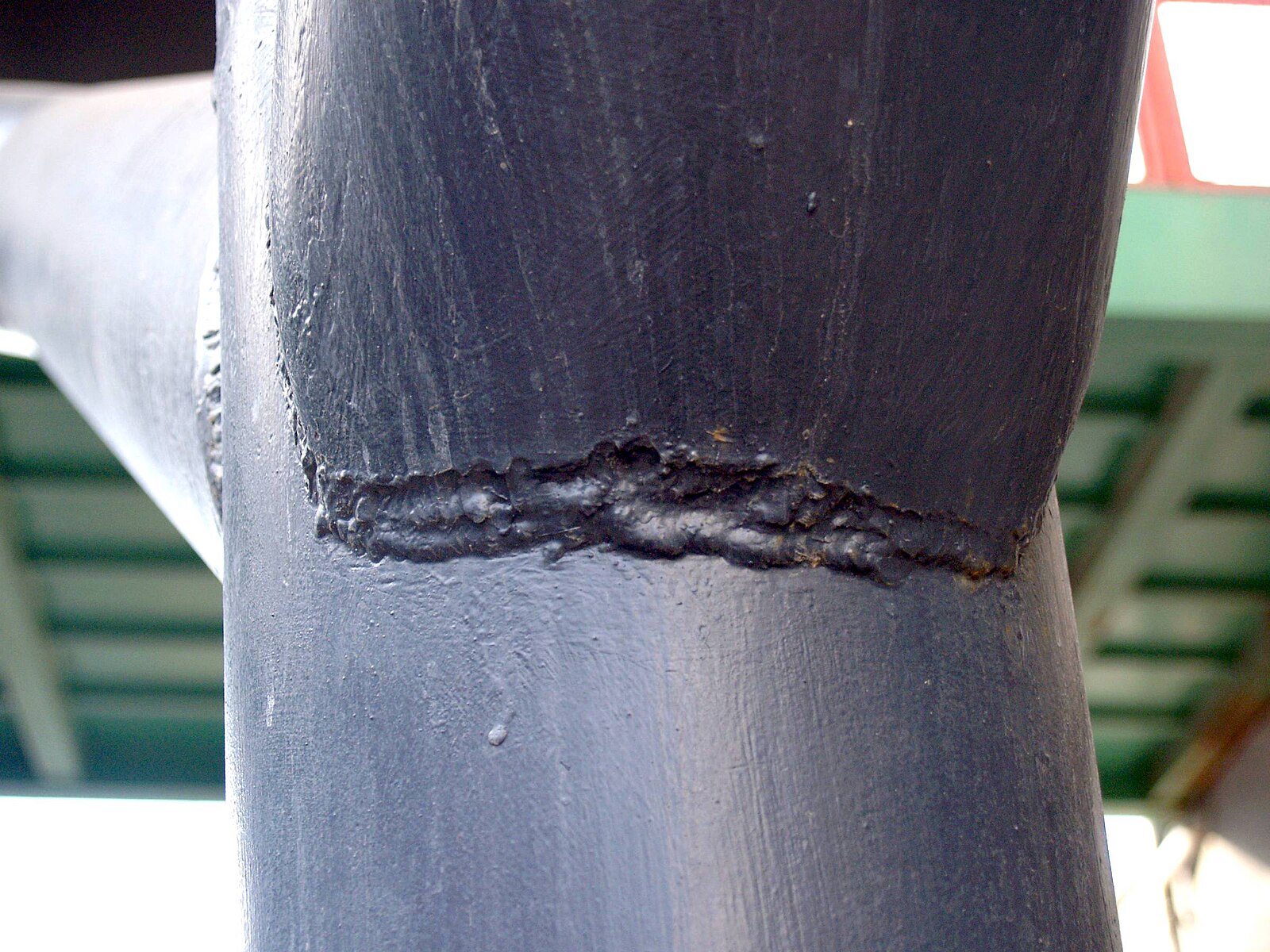Welding is often treated as just another step in a project. Crews are brought in, procedures are borrowed, and the job moves forward without much thought about consulting. On paper, this looks like a way to save money. In reality, skipping a welding consultant almost always costs more.
When procedures don’t line up with code, when records can’t be produced, or when welds fail inspection, costs skyrocket. Rework, delays, and liability claims wipe out the savings that were expected. The truth is simple: investing in weld consulting protects your project from problems that can sink budgets and damage reputations.
Documentation Problems Cause Project Delays
Documentation is the first thing inspectors and auditors ask for. Welding Procedure Specifications (WPS), Procedure Qualification Records (PQR), and Welder Performance Qualifications (WPQ) must be accurate and traceable. Unfortunately, many shops recycle old documents or copy procedures that don’t match the project.
When this happens, reviews are failed and production stops. Idle crews, extended schedules, and client frustration follow quickly. Every day of downtime increases labor costs and puts contract deadlines in jeopardy.
A welding consultant prevents these breakdowns. Correct procedures are written, qualifications are supervised, and records are formatted to code before they ever reach an inspector’s desk. By the time a review happens, the paperwork is solid and delays are avoided.
Rework Creates Hidden Costs
Few things drain a budget faster than rework. A weld that doesn’t pass visual inspection or NDT cannot be left in place. It has to be ground out, repaired, and retested. Materials are wasted, schedules slip, and morale drops.
These failures are usually not caused by laziness. They happen because variables are missed: base metal groups are mismatched, preheat requirements are ignored, or filler metals are chosen without verification. Each mistake leads to wasted time and wasted money.
With consulting in place, those gaps are closed. Welders are qualified correctly, procedures are tested before production, and shop practices are aligned with AWS D1.1, D1.5, or ASME standards. Problems are caught before welds go into production, saving thousands in labor and materials.
Audit Findings Expose Weak Programs
When certifications or third-party audits occur, the welding program is reviewed closely. Auditors expect to see calibration logs, filler metal records, and welder qualifications that are current and traceable. If those records can’t be shown, findings are issued.
These findings often require corrective action. In some cases, projects are stopped until compliance can be proven. The result is lost time, damaged credibility, and unexpected cost.
A welding consultant helps companies prepare by reviewing documentation before an audit happens. Records are aligned, procedures are updated, and missing information is filled in. When questions are asked, answers are ready. Audit failures can’t always be avoided, but welding-related findings can be prevented with the right support.
Liability Risks Grow Without Documentation
When welds fail in service, the blame always comes back to the fabricator. If documentation is incomplete and welder qualifications cannot be shown, liability falls directly on the company. Legal claims, warranty work, and insurance battles are expensive and time-consuming.
Even when claims are resolved, the reputation damage lingers. Clients remember when a contractor failed, and competitors are quick to use it against them.
By working with a welding consultant, that risk is reduced. Procedures are verified, qualifications are documented, and compliance with codes such as AWS D1.1 is maintained. In disputes, strong documentation protects contractors. Weak records leave them exposed.
Why the “Savings” Don’t Add Up
Companies often believe they are saving money by avoiding consulting. The truth is much different.
- Rejected procedures create downtime that costs thousands per day.
- Failed welds require rework that consumes labor and materials.
- Audit findings damage credibility and delay approvals.
- Liability claims result in lawsuits, penalties, and lost clients.
Each of these problems is more expensive than hiring a consultant. By putting expertise in place upfront, projects stay on schedule, documentation stays organized, and welds pass inspection the first time.
Support for Welding Programs, Not Audits
It’s important to be clear: ProArc Consulting does not provide official AISC audit preparation. My role is focused on welding. I help companies strengthen welding programs, align procedures with AWS codes, and qualify welders properly.
That support often helps during audits, because welding-related questions can be answered with confidence. When records are complete and procedures are compliant, the welding portion of a review no longer creates stress.
The Bottom Line
Skipping a welding consultant may look like a way to save money, but it almost always costs more in the long run. Delays, rework, audit findings, and liability claims are the real price of cutting corners.
By investing in welding consulting, companies protect their budgets, their reputations, and their projects. A consultant is not an extra cost — it’s insurance against the problems that wreck schedules and drain profit.
👉 Protect your next project: Contact ProArc Consulting today to strengthen your welding program.


Leave a Reply